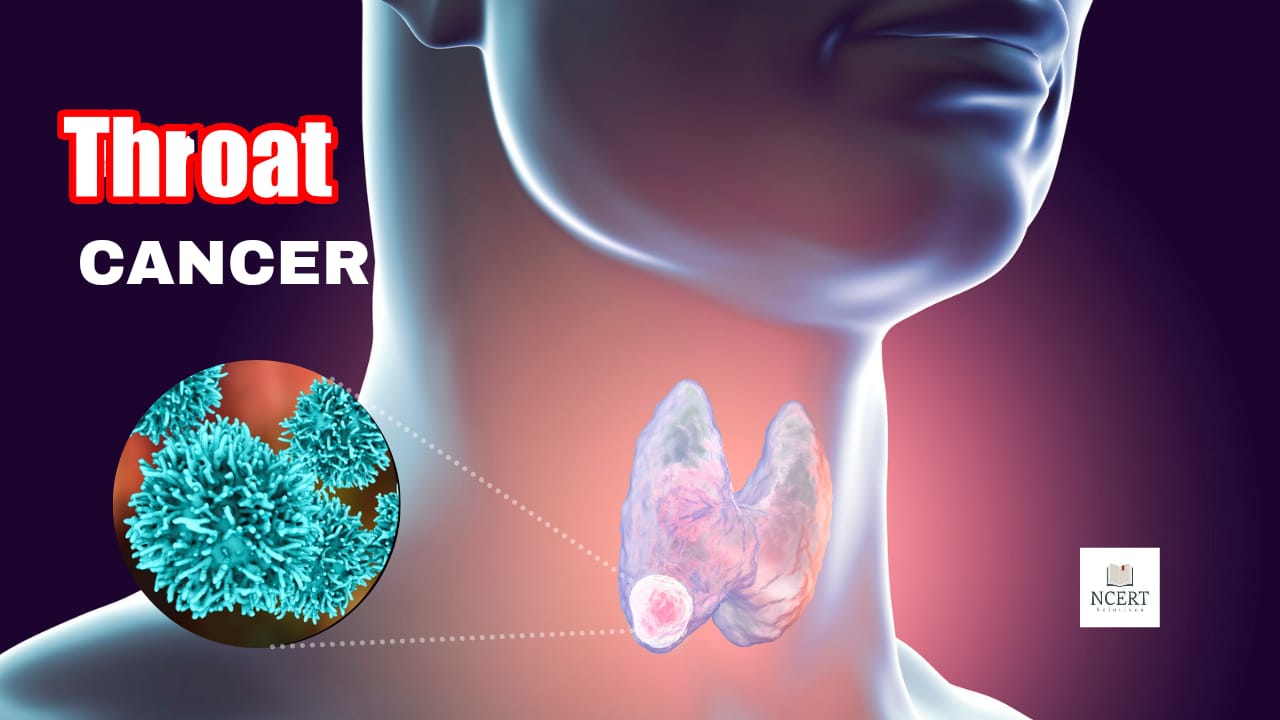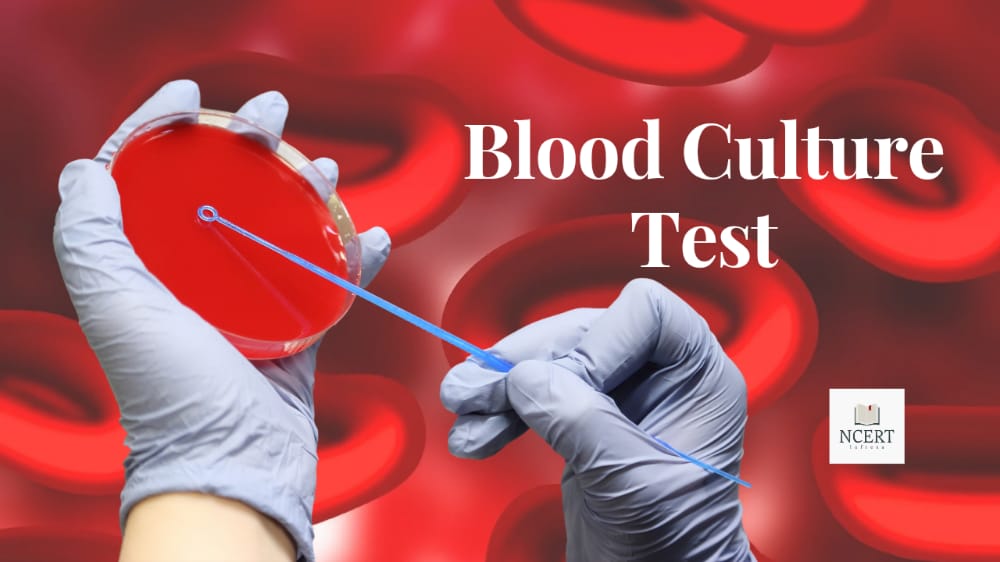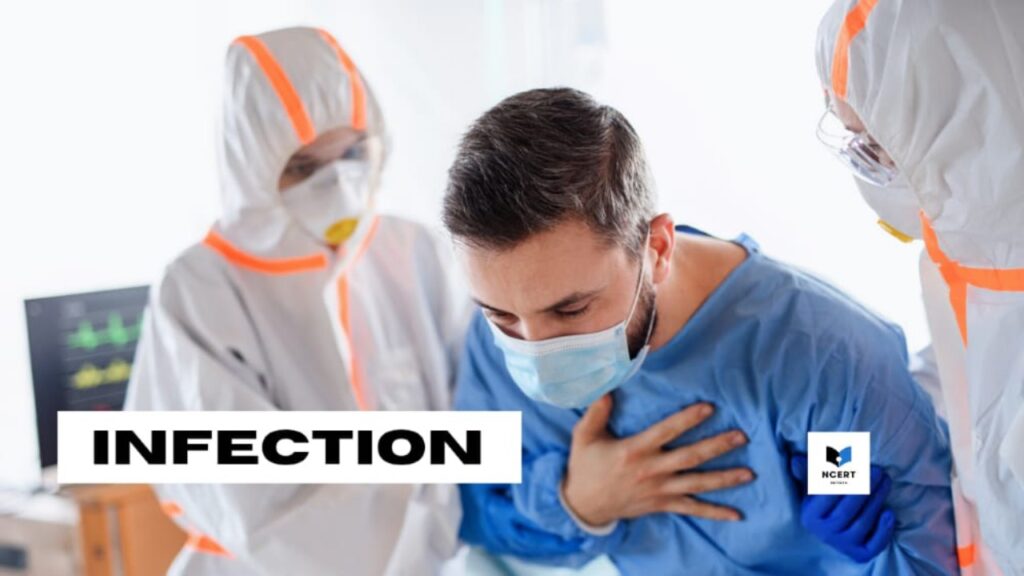Throat Cancer Symptoms: It is a group of several cancers that occur in the voice box, vocal cord, tonsils, oropharynx (middle part of the throat) or other parts of the throat.
It starts in the cells that are in your throat. Throat cancer is most common in people who smoke and drink alcohol.
Throat cancer status in India: Throat cancer is the seventh most common cancer in India. Throat cancer accounts for 3-6% of all cancer cases in India. This affects more men than women.
Throat cancer can be treated in a number of ways, such as surgery to remove tumors or drugs to destroy them. The sooner it is diagnosed, the more likely the throat cancer treatment is to be successful.
Throat Cancer Symptoms
The early symptoms of throat cancer can be similar to the early stages of a cold, cough, or a common throat problem (eg, persistent sore throat). If sore throat and hoarseness persist for more than two weeks, consult a doctor immediately.
If you have throat cancer, you may have the following symptoms:
- Change in voice (difficulty speaking clearly and hard voice)
- Coughing up blood
- Difficulty swallowing
- Feeling like something is stuck in the throat
- Lump or blister in the throat and it does not heal
- Earache or neck pain
- Difficulty breathing
- Sore throat
- Weight loss for no reason
If you have these symptoms and do not get better, talk to your doctor but keep in mind, many other diseases can cause such symptoms.
Throat Cancer Causes
When abnormal changes in the DNA of certain cells in the throat cause them to divide uncontrollably and grow. The accumulation of such cells becomes a cancerous tumor in the throat, which is called throat cancer.
It is not yet known why this change occurs. But there are some factors that increase the risk of throat cancer such as smoking more cigarettes and drinking alcohol. Other factors are given below.
Factors that increase the risk of throat cancer
- Tobacco – smoking or chewing gutka/tobacco
- Alcoholism – the habit of drinking too much alcohol for many years
- Gender – men are more likely to get throat cancer
Certain diseases
- Gastroesophageal reflux disease – GERD, a chronic problem in which stomach acid backs up into the esophagus
- Human papillomavirus – HPV is a type of viral infection that spreads through oral sex
- Wrong diet – Not eating enough fruits and vegetables.
Prevention
There is no sure way to prevent throat cancer but you can reduce your risk in the following ways:
1. Don’t smoke
Use cigarette cessation products like nicotine patches or chewing gum, or talk to your doctor about cigarette/bidi cessation medications to help you quit cigarette/bidi.
2. Stop or reduce drinking
Although drinking alcohol is very bad for your health, still, if you drink alcohol, then drink in limited quantities or it is better to stop drinking alcohol altogether.
3. Maintain a healthy lifestyle
Eat plenty of fruits, vegetables, and low-fat meats and reduce sodium intake. If you are overweight exercise at least 150 minutes a week.
4. Reduce the risk of HPV
HPV is known to cause throat cancer. To protect yourself from this, limit the number of sex partners you have and practice safe sex.
Diagnosis
To diagnose throat cancer, your doctor will first ask about your symptoms and perform a physical exam. He will also feel a lump in his throat.
You may need to have any of these tests:
1. Endoscopy
In endoscopy, the doctor examines your throat by inserting a thin flexible tube with a camera in front of it (endoscope), down your throat.
2. Biopsy
In a biopsy, your doctor will use surgery, an endoscope, or a needle to remove a piece of tissue from your throat and test for cancer.
3. Imaging test
X-rays, CT scans, MRIs, and PET scans can show whether cancer has spread beyond your throat to other parts of your body.
Treatment
To treat throat cancer surgery, radiation therapy, or chemotherapy are used. In some cases, you may need more than one treatment, depending on the stage of cancer and your health. Your doctor may select an option that will be appropriate for you.
The following are the treatments for throat cancer:
1. Radiation therapy
Radiation, X-rays or other sources use a beam of high energy to kill cancer cells. For tumors that are small and diagnosed early, you may only need radiation treatment. For advanced stages, your doctor may apply another treatment with radiation therapy.
2. Surgery
Several types of surgery are used to remove a throat tumor. Depending on the size and location of the tumor the doctor may use an endoscope.
In case of a large tumor, your doctor may remove some portion of your throat and then fix it so that you can swallow normally. Tumors on the larynx may require you to have part or all of the larynx removed.
If cancer has spread to your neck, you may also need to have lymph nodes removed.
3. Chemotherapy
Your doctor uses chemotherapy drugs to kill cancer cells. It is sometimes used to shrink the tumor before surgery or to eliminate the last cancer cells after surgery. It can also help make the treatment more effective.
4. Targeted drug therapy
For some throat cancers, doctors may use newer drugs that eliminate the nutrients needed for the tumor to grow.
Complications
Some of the common complications of throat cancer are:
- Airway obstruction.
- Loss of voice and decreased ability to speak.
- Deformity of the neck or face.
- Stiffness of the skin of the neck.
- Difficulty swallowing.
- Spread this cancer to other areas of the body.
Throat Cancer Types
Throat cancer is a type of cancer that occurs in the throat or voice box. The voice box is located at the bottom of the throat.
Although most types of throat cancer consist of the same type of cells, cancer is divided into different types depending on the parts of the throat.
These types are as follows:
1. Pharyngeal cancer – The three main types of pharyngeal cancer are as follows:
- Nasopharyngeal cancer – This cancer starts in your pharynx (upper part of the throat tube) which is a part of your throat behind your nose.
- Oropharyngeal cancer – Oropharyngeal cancer begins in the back of the mouth, which is the part of your throat that contains the tonsils.
- Hypopharyngeal cancer – This cancer starts in the lower part of the throat, which is just above your esophagus and trachea.
2. Laryngeal cancer – The three main types of laryngeal cancer are as follows:
- Glottic cancer – This cancer starts in the vocal cord.
- Supraglottic cancer – This cancer begins in the upper part of the throat and includes cancer that affects the epiglottis, which is a piece of soft bone that blocks food from entering your trachea.
- Subglottic cancer – This cancer begins in the lower part of your larynx, below your oral sacs.
Throat Cancer Stages
If your doctor finds cancer cells in your neck, they will do an additional test to identify the stage of your cancer.
These steps are as follows:
- Stage 0 – The tumor has not spread to any tissue other than your throat.
- Stage 1 – The tumor is less than 7 centimeters and is confined to your throat.
- Stage 2 – The tumor is slightly larger than 7 centimeters but is still confined to your throat.
- Stage 3 – The tumor has grown and spread to nearby tissues and organs.
- Stage 4 – The tumor has spread to your lymph nodes or distant organs.




